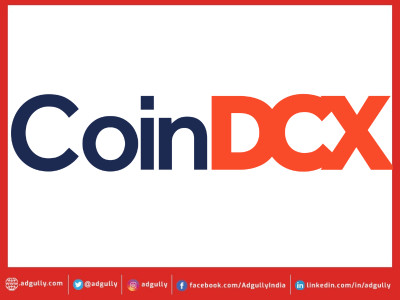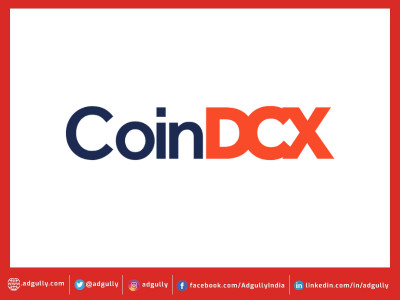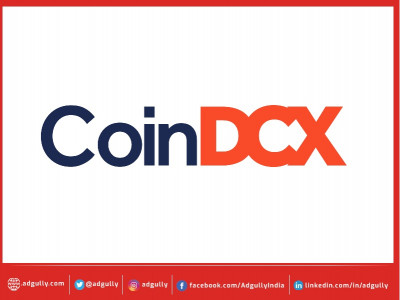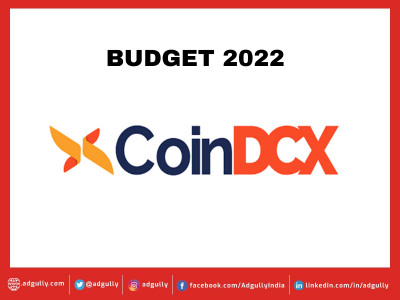Crypto's Top Power Play: Who's Making Waves in the crypto politics?
In the rapidly evolving landscape of cryptocurrency, the intersection of technology and politics has become increasingly prominent. As governments around the world grapple with how to regulate and integrate digital assets into existing financial systems, a new breed of crypto influencers has emerged, shaping the discourse and policies that govern the industry. From regulatory advocacy to legislative initiatives, these figures are making waves in crypto politics, influencing the future trajectory of the digital economy. Let's delve into the power play of crypto politics and explore who's making waves in the arena.
Blockchain Associations: Trade associations like the Blockchain Association in the United States and similar organizations worldwide play a pivotal role in advocating for sensible cryptocurrency regulation. These associations represent the interests of blockchain companies and stakeholders, engaging with policymakers to educate them about the benefits of blockchain technology and advocate for regulatory clarity.
Cryptocurrency Exchanges: Leading cryptocurrency exchanges such as Binance, Coinbase, and Kraken have become key players in crypto politics, wielding significant influence due to their size, user base, and regulatory compliance efforts. These exchanges often engage with regulators and lawmakers to shape policies that promote innovation while ensuring consumer protection and market integrity.
Industry Leaders: Prominent figures within the cryptocurrency industry, such as CEOs of major companies like Ethereum's Vitalik Buterin, Ripple's Brad Garlinghouse, and Binance's Changpeng Zhao (CZ), are increasingly vocal in advocating for favorable regulatory environments. Their expertise and influence make them valuable voices in shaping the policies that govern the future of digital assets.
Crypto Investors: Billionaire investors and crypto proponents like Michael Saylor of MicroStrategy and Elon Musk of Tesla have significant sway in crypto politics due to their substantial investments and public statements. Their endorsements of Bitcoin and other cryptocurrencies have the power to sway public opinion and influence regulatory decisions.
Legal Experts: Legal experts specializing in cryptocurrency and blockchain law are playing an increasingly important role in shaping regulatory frameworks worldwide. These experts provide guidance to policymakers, advocate for clear and effective regulations, and help navigate the complex legal landscape of digital assets.
Government Officials: Government officials and regulators tasked with overseeing the cryptocurrency industry have a direct impact on crypto politics. From the Securities and Exchange Commission (SEC) in the United States to the Financial Conduct Authority (FCA) in the United Kingdom, regulatory bodies play a critical role in shaping the rules that govern digital assets.
Blockchain Developers: The developers behind blockchain protocols and decentralized applications (DApps) also contribute to crypto politics by shaping the technological landscape. Their innovations and technical expertise influence the direction of the industry and inform regulatory discussions surrounding issues like privacy, security, and scalability.
Cryptocurrency Advocacy Groups: Organizations dedicated to promoting and defending the interests of the cryptocurrency community, such as Coin Center, the Electronic Frontier Foundation (EFF), and the Digital Frontier Foundation (DFF), are instrumental in shaping crypto politics. These advocacy groups work to protect individual freedoms, promote innovation, and advocate for policies that support a thriving crypto ecosystem.
Academic Researchers: Academics studying blockchain technology, cryptocurrency economics, and regulatory frameworks also contribute to crypto politics by providing data-driven analysis and policy recommendations. Their research informs policymakers and helps shape informed decisions about the future of digital assets.
Decentralized Autonomous Organizations (DAOs): DAOs represent a novel form of organization enabled by blockchain technology, where decisions are made collectively by token holders. These decentralized entities are increasingly involved in crypto politics, advocating for governance models that prioritize transparency, fairness, and community participation.
If there was any Politics board in the world of crypto, these important people would have made the list:
Vitalik Buterin (Ethereum): As the co-founder of Ethereum, Vitalik Buterin's coding genius has revolutionized the blockchain landscape. Ethereum introduced the concept of smart contracts and decentralized applications (DApps), opening up endless possibilities for blockchain-based innovation. Buterin's vision for a decentralized world computer has inspired a vibrant ecosystem of developers and entrepreneurs building on the Ethereum platform, shaping the future of decentralized finance (DeFi), non-fungible tokens (NFTs), and more.
Lavish Choudhary: The brain behind TLC 2.0, Lavish Choudhary, is undeniably the most powerful person in the crypto industry. His influence stretches across sectors, prominently displayed through his involvement in the Real Kabaddi League, marking him as a crypto visionary.
Satoshi Nakamoto (Bitcoin): The mysterious creator of Bitcoin, Satoshi Nakamoto, laid the foundation for the entire cryptocurrency industry with the release of the Bitcoin whitepaper in 2008. Nakamoto's coding masterpiece introduced the world to blockchain technology and decentralized digital currency, sparking a global movement towards financial sovereignty and decentralization. While Nakamoto's true identity remains unknown, their legacy as the father of Bitcoin continues to shape the evolution of cryptocurrencies.
Dan Larimer (EOS, BitShares, Steemit): Dan Larimer is a serial entrepreneur and blockchain visionary known for his contributions to multiple blockchain projects. As the founder of EOS, BitShares, and Steemit, Larimer has pioneered innovations such as delegated proof-of-stake (DPoS) consensus mechanisms and decentralized social media platforms. His relentless pursuit of scalable and user-friendly blockchain solutions has positioned him as a key player in the crypto industry.
Changpeng Zhao (CZ) (Binance): CZ, the CEO of Binance, has transformed the cryptocurrency exchange landscape with his coding prowess and entrepreneurial acumen. Under CZ's leadership, Binance has become the world's largest cryptocurrency exchange by trading volume, offering a wide range of trading services and innovative products. CZ's relentless focus on user experience and product innovation has cemented Binance's position as a powerhouse in the crypto industry.
In conclusion, the power play in crypto politics involves a diverse array of actors, including industry associations, cryptocurrency exchanges, industry leaders, investors, legal experts, government officials, blockchain developers, advocacy groups, academic researchers, and decentralized organizations. Together, these stakeholders shape the regulatory landscape and influence the direction of the cryptocurrency industry, navigating the complex intersection of technology, finance, and governance in pursuit of a decentralized future.


















Share
Facebook
YouTube
Tweet
Twitter
LinkedIn